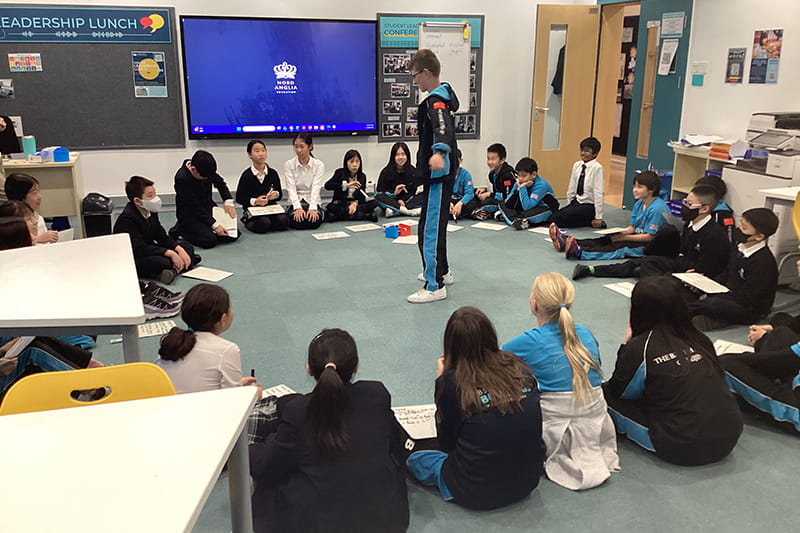Blog
Join Our Baby Group
Our baby group celebrates the joys of play and early learning, bringing parents and their little ones together in a warm and welcoming community. Join us today!
Join Our Open Morning
We are opening our doors and inviting you to join us to see our wonderful school in action.











